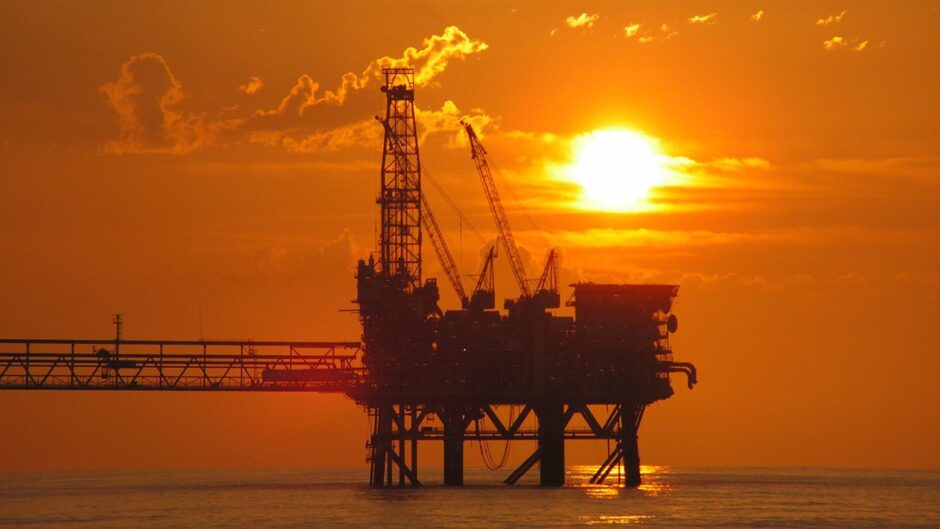
New research suggests that decommissioned offshore structures would provide only limited long-term ecological benefits for marine life.
Researchers from the University of Plymouth, Plymouth Marine Laboratory and the Centre for Environment, Fisheries and Aquaculture Science (Cefas) analysed existing studies into the environmental impacts of marine artificial structures – including oil and gas platforms and offshore wind farms.
They found that such installations can offer some ecological benefits – including increasing the diversity and abundance of fish species – in areas where the seafloor was mostly comprised of sand.
However, there was limited conclusive evidence that oil and gas platforms and offshore wind farms could provide additional substantial benefits if they were left in the sea after being decommissioned.
In particular, the available evidence did not allow the researchers to draw clear conclusions on how the structures compare to natural rocky reef – which limits the ability to establish whether they can serve as artificial reef at all.
As a result, the researchers say more detailed investigations are needed into the best way to manage such structures at end-of-life, as repurposing them into artificial reefs may not provide the intended benefits.
Dr Anaelle Lemasson, Post-Doctoral Research Fellow at the University of Plymouth and the study’s lead author, said: “Many of the structures we see in the ocean today were put in place at a time when environmental considerations weren’t in people’s minds. There were also no legal requirements covering possible environmental impacts, or what might happen to these structures once they reached the end of their useful lives.
“That is certainly changing, and transitions away from fossil fuels mean it is vital we have this debate now. It is also critical that we learn lessons from the past, particularly at a time when increases in ORE installations are likely to result in more artificial structures being sited out at sea.”
Using decommissioned offshore structures has been a topic of debate, with advocates claiming that leaving portions behind could help promote marine biodiversity.
Offshore structures can provide anchoring points for organisms such as corals and barnacles, creating complex environments that can support additional species.
However, the Scottish Fishermen’s Federation warned that growing offshore infrastructure could see more than half of Scottish fishing grounds lost by 2050.
Leaving portions of these assets behind for marine conservation would put pressure on the fishing industry, the group warned.
Recommended for you

